Nature reports
Publisher: Dutch Caribbean Nature Alliance (DCNA)
Page 7 of 20 - 193 Results
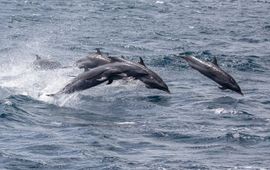
The Yarari Sanctuary is now legally established as a nature park by the Ministry of Agriculture, Nature and Food Quality, representing a significant milestone in marine conservation for the Caribbean region. This nature park..
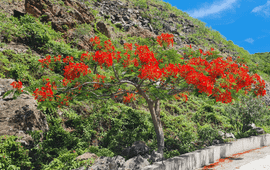
Over the next three years, the Public Entity Saba (PES) will execute a reforestation project to restore wild forests, improve local food production and enhance Saba’s image as a green destination. ..
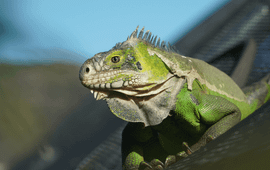
In October, the Dutch government will officially propose to upgrade the Lesser Antillean Iguana from Annex III to Annex II of the Protocol Concerning Specially Protected Areas and Wildlife (SPAW) during the next Conference of the..
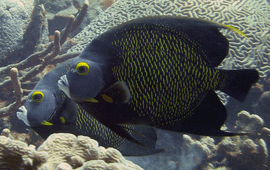
The Caribbean Netherlands’ Nature and Environmental Policy Plan 2020-2030 is an integrated plan to safeguard and enhance the natural environment over the next decade. ..
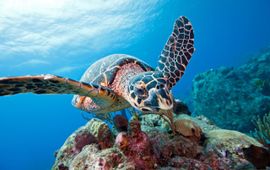
In their 2019 paper, Sea Turtle Conservation Bonaire (STCB) used sea turtle data collected between 2003 and 2018 to estimate abundance and predict future population trends for green and hawksbill turtles on Bonaire’s west coast...
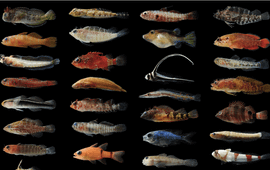
A collaborative study, led by the University of Texas at Austin, deployed 102 specialized fish monitoring structures across six locations, including the deep reefs of Curacao. The goal of this study was to identify a standardized..
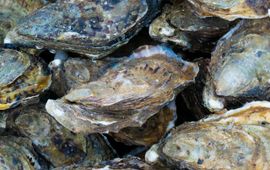
A new study led by Wageningen University and Research investigates the swimming and settlement behavior of coral and oyster larvae. Understanding what factors facilitate larvae settlement will guide future conservation efforts to..
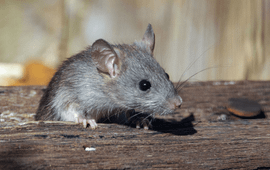
Rats have become a significant issue for the Dutch Caribbean islands. In addition to being disease vectors, these island invaders can also dramatically upset the delicate ecological balance on the islands by devouring bird eggs,..
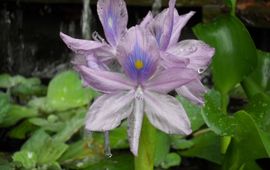
A free floating aquatic plant, water hyacinth, is becoming a significant issue for the islands of Aruba and Curaçao. This plant can negatively impact ecosystems by obstructing sunlight, depleting oxygen levels, disrupting water..
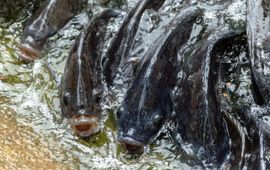
Tilapia, a freshwater fish originally from Africa, introduced to the islands of Aruba, Curacao and St. Maarten, has managed to rapidly reproduce and dominate the local fresh and brackish water habitats on the islands. These fish..
